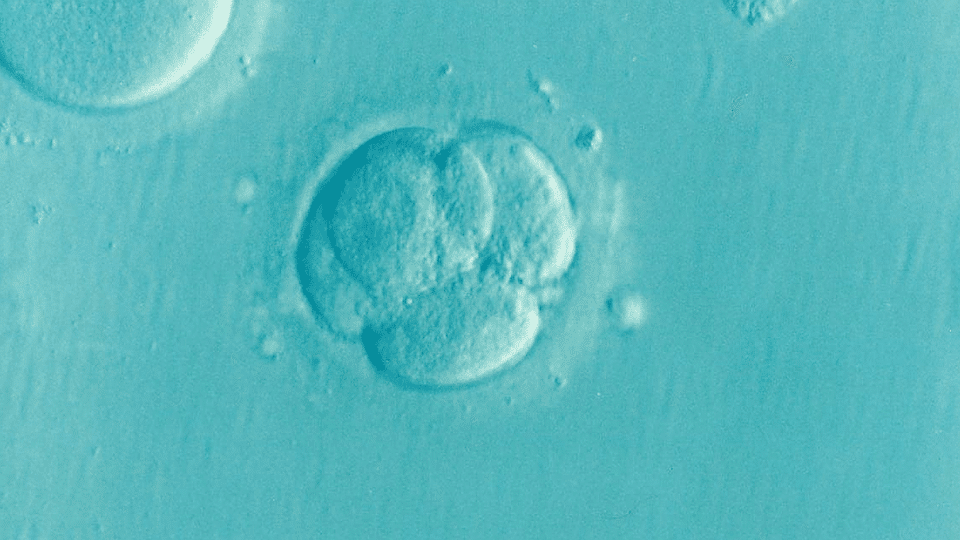More than 170,000 human embryos were destroyed in the UK between 2014 and 2015, it has been revealed.
Responding to a question in the House of Lords, a Government Minister indicated that 172,184 embryos were discarded between July 2014 and June 2015.
The Minister also highlighted the total number of embryos destroyed since the 1990 Human Fertilisation and Embryology Act. Up until the latest figures, in June last year, 2,315,262 embryos were discarded.
Discarded
Reacting to the news, veteran pro-life campaigner Josephine Quintavalle said “every human embryo is a life to be cherished”.
“Far from diminishing the importance of the embryo we should marvel at the incredible complexity of how much is contained in such a tiny human being, and never never forget that that is how we all started our journey through life.
“When I heard how many of these little lives in UK IVF freezers had been deliberately discarded between 2014 and 2015, I realised to my great sadness that the number is almost as high as the number of abortions in the UK in the same period”.
Experimentation
The revelation comes after calls for longer experimentation on human embryos, by outspoken fertility scientists.
At a conference this week, Professor Simon Fishel, head of Care Fertility, called for the current 14-day limit to be extended to 28 days, as one of the main proponents.
The head of the Human Fertilisation and Embryology Authority dismissed the calls for the time being, saying there is no rush for a change to the law.
Backlash
Earlier in the week there had been a backlash from media commentators and pro-life campaigners.
Writing in The Times, Melanie Phillips called the current law a “slippery slope” and warned that treating embryos as “merely a bundle of cells that is disposable is to instrumentalise and dehumanise not just the embryo but ultimately all of us”.
Dr Anthony McCarthy, of the Society for the Protection of Unborn Children, said the calls were “morally obtuse”, as the scientists have argued that destroying human lives could help improve research into different diseases.

